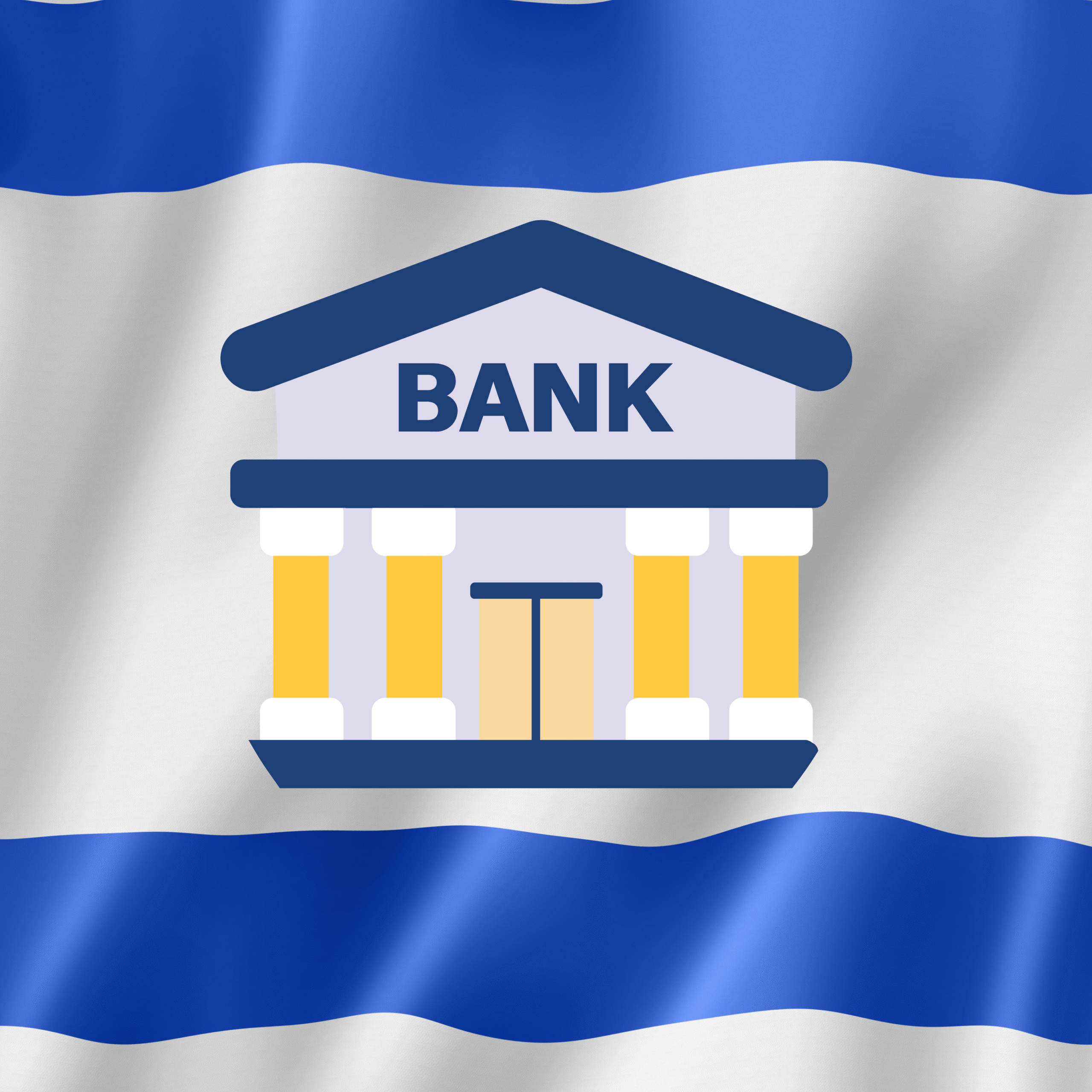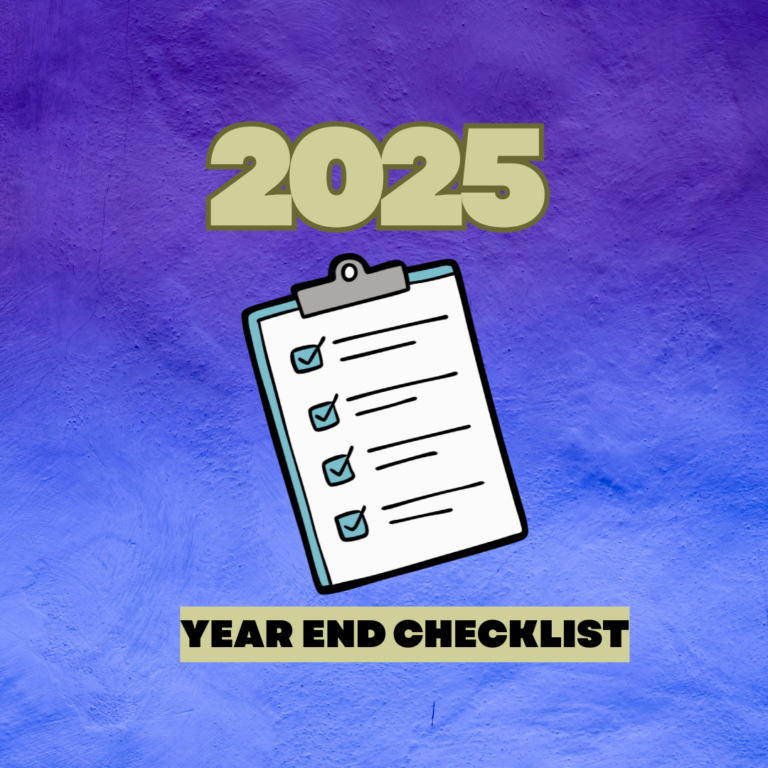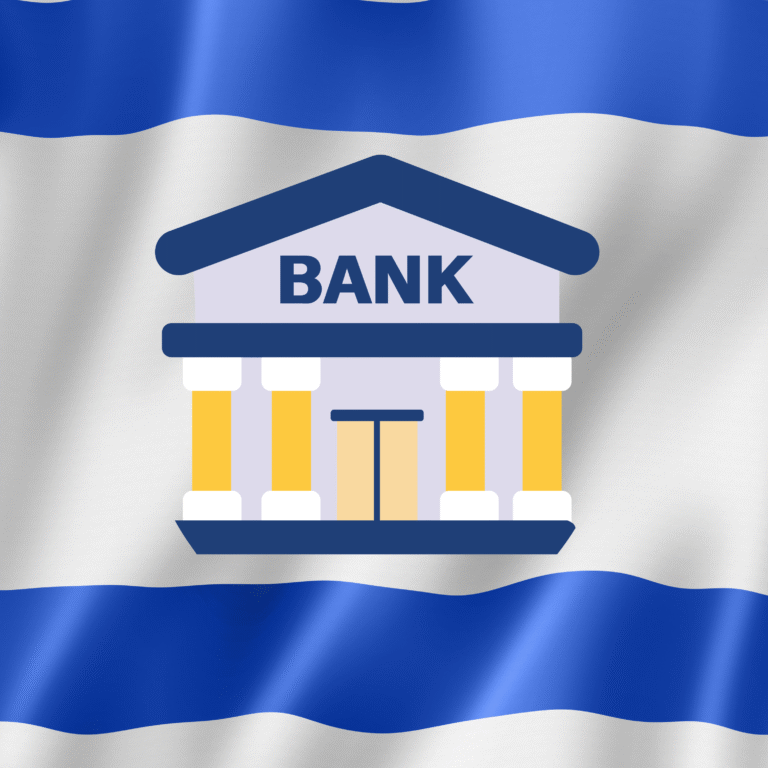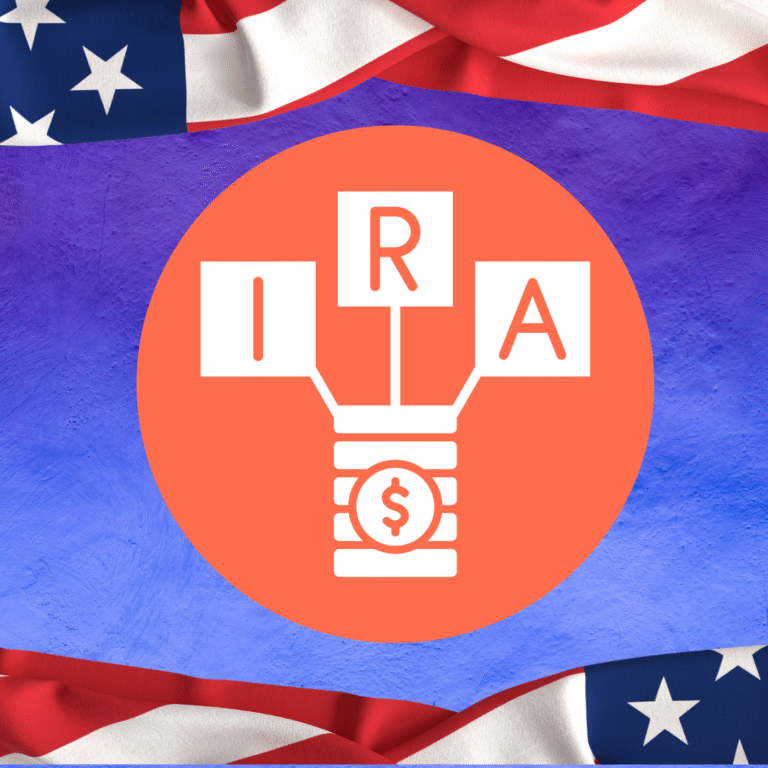

For many Americans moving to Israel, opening a bank account is one of the first moments of financial culture shock.
In the U.S., checking accounts are often free, so long as you maintain a minimum balance. In Israel, however, monthly maintenance fees are standard, and the system includes features that don’t exist back home, like overdraft facilities built directly into your account.
Add to that the language barrier, unfamiliar fee structures, and a very different customer service experience, and it’s easy to feel overwhelmed.
But with a little guidance and a shift in expectations, navigating Israeli banking can become far more manageable, and even empowering.
Before we get started, we’ve written these blogs about moving to and living in Israel which you may enjoy.
What to do when you get kicked out of your US brokerage account
Can one use a US Power of Attorney in Israel, (and vice versa)?
Checklist for moving to Israel
Financial planning for US citizens living abroad
Selling a house in Israel as a US citizen
Why US Expats should look before they leap into a Roth 401k
Compliance with reporting of foreign assets: tips for US expats to avoid stress
What expats need to know about Brokerage Accounts for non-US residents
And now let’s get into the blog! Recently Nardis held a free webinar with guest speaker, expert on Israeli banking, and author of “Smarter Israeli Banking”, Rifka Lebowitz, CFP. Here are some of the main points discussed:
Why Israeli Banking Can Be So Frustrating
When people move to or do business in Israel, one of the first culture shocks they face is the banking system. Here’s why:
- Lost in Translation
Banking is confusing enough in your own language. Now try wrapping your head around complex financial terms in Hebrew!
- Everything Takes Forever
Want to open an account or make a transfer? Block out your afternoon. Even basic tasks often require appointments and endless waiting.
- Paperwork Overload
Israeli banks love documentation. Forms, signatures, copies, stamps—you name it, they want it.
- Sneaky, Unexpected Fees
Think you understand the fee structure? Think again. Charges can be buried in the fine print or differ wildly from what you’re used to.
- Poor Customer Support
Getting help can feel like a full-time job. Long hold times, confusing answers, and a sense that no one’s really listening.
Here’s the part most expats don’t realize: Mindset shift equals less frustration. Israeli banks don’t see themselves as guardians of your money the way many Western banks do. Instead, they act more like service vendors.
That means their priorities, and processes, are different. You’ll save yourself a lot of stress if you stop expecting them to operate like your home country’s bank. Change your expectations, and the experience becomes more manageable.
What Do Israeli Banks Really Want From You?
When you open an Israeli bank account, you’re not just handed a single checking account, you’re given a multi-compartment system that includes options for savings, investments, foreign currency, and loans.
This structure is unfamiliar to many expats, but understanding it is essential if you want to build trust with your bank and avoid unnecessary friction.
Let’s break down what Israeli banks expect from you, and how to meet those expectations smartly.
Current Account (Osh)
This is your main account, used for salary deposits, bill payments, debit card spending, and everyday transactions. Think of it as your financial control center.
But here’s what many U.S. expats don’t realize: Your current account isn’t just one “pot” of money. It comes with multiple internal compartments, for savings, investments, loans, and foreign currency.
The bank expects you to manage these compartments proactively.
Most importantly, banks want to see regular activity, such as:
- A consistent monthly income
- Bill payments that go through without bouncing
- Active management of your funds between compartments
Tip: Israeli banks actually prefer a steady, modest income over a large static balance. A million shekels sitting idle in your account won’t earn you points, active usage will.
Standing Orders (Harsha’ah Lechiuv Cheshbon)
Standing orders—automatic, recurring payments for things like rent, utilities, insurance, and tuition—are a big deal to Israeli banks.
Why? Because standing orders indicate stability and responsible money management. Banks monitor these closely, and consistent execution gives them confidence in your financial reliability.
Red Flag for Expats:If you’re earning your income in the U.S. and paying bills with a U.S. credit card, your Israeli bank won’t see enough local activity to justify giving you a loan. Even if your financial picture looks strong in the U.S., Israeli banks need to see local financial behavior to trust you.
Savings Plans (Tochniot Chisachon)
Israeli banks offer two main types of savings products, and yes, they do care where you choose to park your shekels:
1. Pikadon
- A lump-sum deposit locked in for a set term
- Good for short-term savings goals (e.g. 6 months–2 years)
- Offers low but stable interest, no risk involved
2. Tochniot Chisachon
- A long-term savings plan funded by regular deposits
- Banks love these because they signal loyalty and consistency
- Funds are less likely to be withdrawn early or moved to another bank
A Nardis Tip: Use Pikadon accounts for your emergency fund or sinking funds, and consider Tochniot Chisachon if you want to build a longer-term savings habit with minimal risk.
What Not to Do at an Israeli Bank
If you’re new to banking in Israel, some missteps can cost you time, money, or even hurt your credit profile. Here are the most common pitfalls U.S. expats make, and how to avoid them.
Bringing Foreign Currency in Cash
Planning to convert dollars or euros into shekels at the bank? Think again.
Israeli banks are not eager to handle large amounts of physical cash, especially foreign currency. The process is time-consuming, involves high fees, and often requires advanced coordination.
Pro tip: Use digital transfer services or your bank’s international wire system instead. You’ll save on fees and headaches.
Showing Up Without an Appointment
Since the pandemic, walk-ins are a recipe for long waits and frustration. Nearly all Israeli bank branches require you to book an appointment in advance. Even simple in-person services may be denied or delayed if you show up without one.
Use the bank’s app or website to book a slot; it’s efficient and often the only way to get served.
Signing Documents Without Understanding Them
Many Israeli checking accounts come with automatic overdraft facilities; this is the norm in Israel, much like credit cards are in the U.S.
When you open an account, some of the documents you’ll be asked to sign authorize the bank to allow your account to go into overdraft.
If you refuse to sign but still go into overdraft, it may be treated as a violation and reported to the Bank of Israel, affecting your local credit score.
Bottom line: Don’t sign anything blindly. Ask for explanations, and if necessary, bring a translator or advisor.
Letting Your Account Go Dormant
In Israel, if there is no customer-initiated activity in your account for 10 consecutive months, your account is flagged as inactive, even if automatic payments (like standing orders) are still running.
Here’s what can happen:
- For low balances, your funds may be moved into a low-interest bond
- For larger balances, the bank may place your funds into a managed investment portfolio
- Even prior investment or savings instructions may be carried out without further notice
To avoid this, simply log in and perform a basic transaction, like a small transfer or payment, every few months.
How to Reduce Banking Fees in Israel
Banking in Israel comes with its quirks, but if you understand the fee structure, you can easily avoid unnecessary charges and run your account more efficiently.
Understand the “Package of Fees” System
The Bank of Israel requires all banks to offer standardized fee packages. These packages help simplify how you’re charged for routine banking activity, especially if you choose the right one for your needs.
When you log into your account (ideally on the 1st of each month), you’ll see a breakdown of your fee package. Without an active package, you’ll be charged for each individual transaction made outside of your account’s internal “compartments.”
Note: Transactions within your account’s compartments are not charged, so proper setup and transfers matter.
Choose the Right Package for Your Banking Habits
Israeli banks typically offer two main fee packages:
1. Basic Package (ILS 10–15 /month)
- Ideal for light users
- Includes:
- 10 automated transactions (e.g., transfers via app or website)
- 1 teller-assisted transaction
2. Extended Package (≈ILS 30/month)
- Designed for users with frequent activity
- Includes:
- 50 automated transactions
- 10 teller-assisted transactions
For most expats, the extended package is more than enough, especially because credit card activity counts as a single transaction, no matter how many purchases you make.
Use an Israeli Credit Card
This is one of the smartest ways to keep your banking simple and cost-effective.
Why?
- Credit card payments are treated as just one transaction per month
- You can automate full repayment monthly, keeping your record clean and avoiding interest
It’s a great way to streamline your banking—just make sure to pay it off in full each month.
ATM Withdrawal Tips
- Withdrawals from your own bank’s ATM are counted toward your monthly transaction quota
- Withdrawals from third-party ATMs (not tied to a bank) cost an extra ILS 6 per transaction
If you withdraw cash regularly, plan ahead and use your bank’s ATM to avoid these added charges.
- How to Be a Good Bank Customer in Israel
If you’re a U.S. expat living in Israel, adapting to the local banking culture can feel like learning a new language, because, in many ways, it is. But understanding how banks operate here (and what they expect from you) can go a long way in making your financial life smoother and more predictable.
Stay in the Green, or at Least Within Your Limit
Israeli banks closely monitor how you manage your overdraft (known locally as “mashkanta mesuyemet”). The golden rule: never exceed your authorized overdraft, and if possible, try to use less than 50% of it. This shows financial responsibility and improves your credit standing in Israel.
Use Digital Tools, They Actually Work
Whenever possible, use the bank’s app or online portal to carry out transactions. It’s faster, more transparent, and much less frustrating than calling.
Pro tip: If you need support, use the in-app chat function. Banks are required to respond within three business days, which is far more efficient than waiting endlessly on hold.
Keep Your Money in the Right “Compartments”
As previously discussed, Israeli accounts are often divided into sub-accounts or compartments. Make sure your funds are deposited where they belong.
Mixing things up (especially business and personal funds) can raise red flags and, in rare cases, even result in account closure.
Know These Hebrew Banking Terms
A little Hebrew goes a long way in navigating your account:
- Ribit – Interest
- Ashrai – Credit
- Halva’a – Loan
- Cheshbon – Account
- Ha’avara – Transfer
- Amlot – Fees
- Mashkanta – Mortgage
Understand the Fee Structure
Israeli banks charge fees on a schedule that may seem unfamiliar at first. Here’s a quick breakdown:
- Checking account (cheshbon) fees: Charged between the 1st and 3rd of the following month
- Overdraft fees: Billed quarterly
- Credit card fees: Charged monthly
- Foreign currency conversions: Often charged immediately, on the spot
Still feeling confused? Want to speak to an expert? Book your complimentary 15 minute consultation today and speak with of Nardis’ financial advisors.
Disclaimer
Nardis Advisors LLC (“Nardis”) is a Registered Investment Advisory Firm regulated by the U.S Securities and Exchange Commission in accordance and compliance with applicable securities laws and regulations. Registration does not imply a certain level of skill or training. Nardis does not render or offer to render personalized investment advice through this medium. The information provided herein is for informational purposes only and does not constitute financial, investment or legal advice. Investment advice can only be rendered after delivery of the Firm’s disclosure statement (Form ADV Part 2) and execution of an investment advisory agreement between the client and Nardis.




